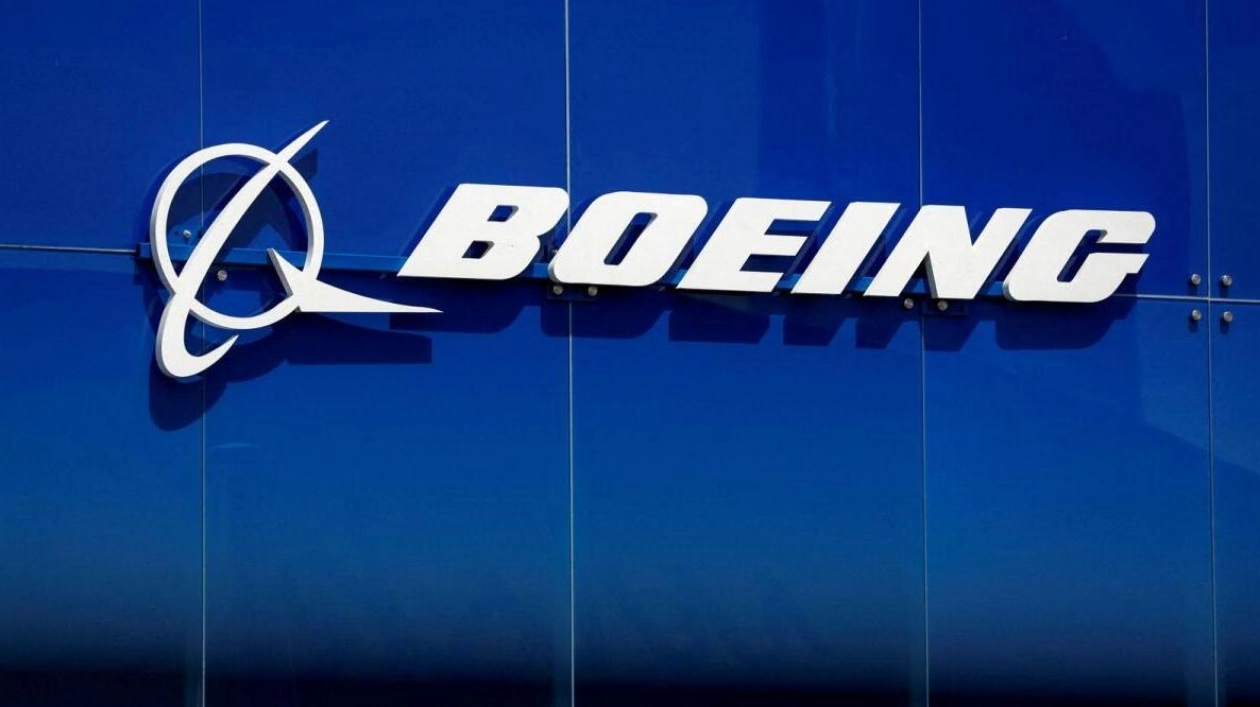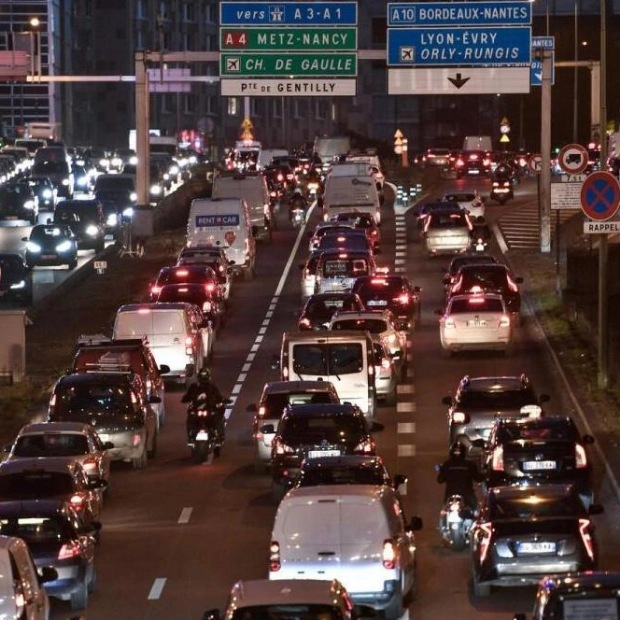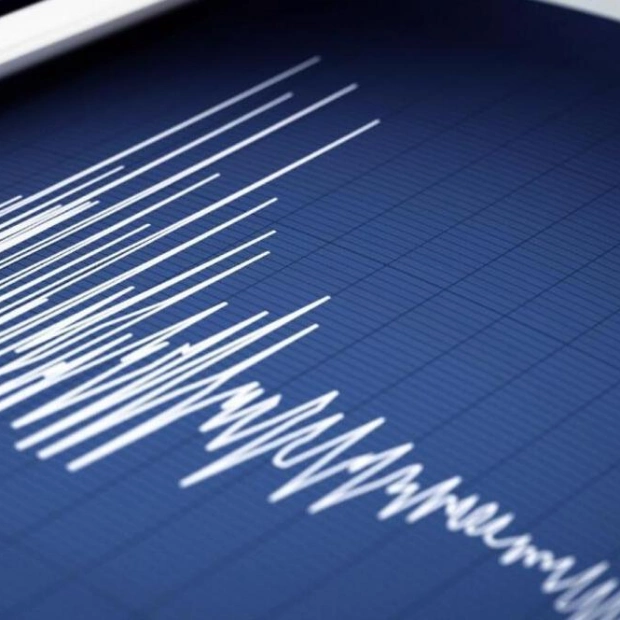Boeing announced on Sunday that it had reached a preliminary agreement with a union representing over 32,000 employees in the U.S. Pacific Northwest, a move that could potentially prevent a strike that might have crippled operations as early as September 13.
The proposed four-year agreement, which includes a 25 percent general wage increase and a commitment to construct the next commercial aircraft in the Seattle area, marks an early victory for Boeing's new CEO, Kelly Ortberg, who assumed the role last month. The agreement also features 12 weeks of paid parental leave, enhanced job security, improved retirement benefits, and other perks. It will require approval from Boeing factory workers near Seattle and Portland, represented by the International Association of Machinists and Aerospace Workers (IAM), on Thursday.
"As part of the contract, our team in the Puget Sound region will build Boeing’s next new airplane. This would go along with our other flagship models, meaning job security for generations to come," said Boeing Commercial Airplanes CEO Stephanie Pope in an internal message to employees.
An approved deal would ensure labor peace for Boeing during a critical period when the company is struggling with cash flow issues and attempting to ramp up production of its best-selling 737 MAX to a rate of 38 aircraft per month by the end of the year. It also averts a strike that could have become a focal point in the 2024 presidential election.
Boeing is currently grappling with a quality crisis and is under scrutiny from regulators and customers following a January incident where a door plug on a nearly new MAX detached from an Alaska Air jetliner mid-flight. Although the union initially sought a 40 percent raise in their first full negotiation with Boeing in 16 years, they secured other significant gains, such as substantial input in the safety and quality of the production system.
"Although there was no way to achieve success on every single item, we can honestly say that this proposal is the best contract we’ve negotiated in our history," the IAM union local representing the Boeing workers stated.
Boeing has agreed to produce its next commercial airplane program in the U.S. Pacific Northwest if it is launched during the life of the agreement, provided the deal is ratified by members by Thursday. The timing of the next aircraft launch remains uncertain.
Aerospace analyst Richard Aboulafia noted that considering Boeing’s future programs and improving labor relations should be top priorities for Ortberg, a former Rockwell Collins executive who relocated to Seattle to lead the company.
"Changing the culture starts with a different attitude towards labor and towards the future with new product development," Aboulafia commented on Sunday.
The negotiations were closely monitored by members of U.S. President Joe Biden’s administration, with Labor Secretary Julie Su urging both parties in an interview with Reuters to reach a "fair contract." Su had reportedly spoken with both Ortberg and union local head Jon Holden.
The Boeing workers, who produce the widebody 777 and 767 in addition to the MAX, had voted in favor of a strike mandate in July. The Federal Aviation Administration (FAA), which in January prohibited Boeing from increasing production of its best-selling 737 MAX plane following the door panel blow-out incident, has intensified its oversight of Boeing. FAA Administrator Mike Whitaker is scheduled to visit Seattle later this month to meet with Ortberg and receive an update on the planemaker’s quality improvement plans.






